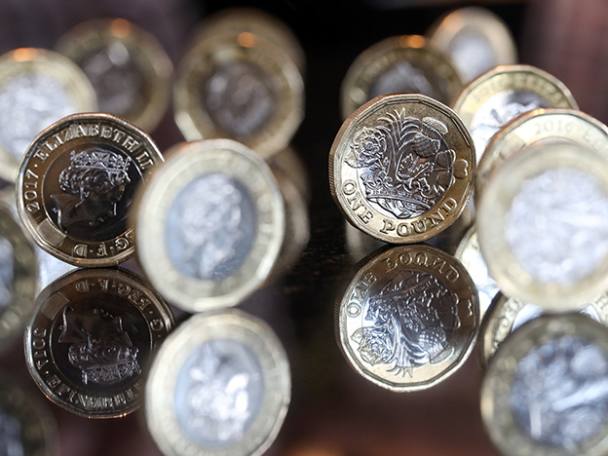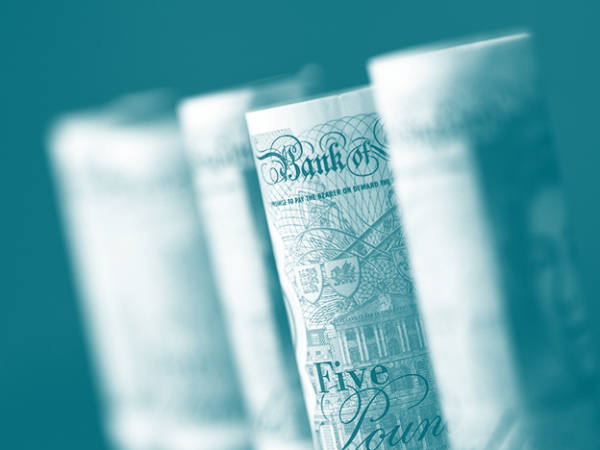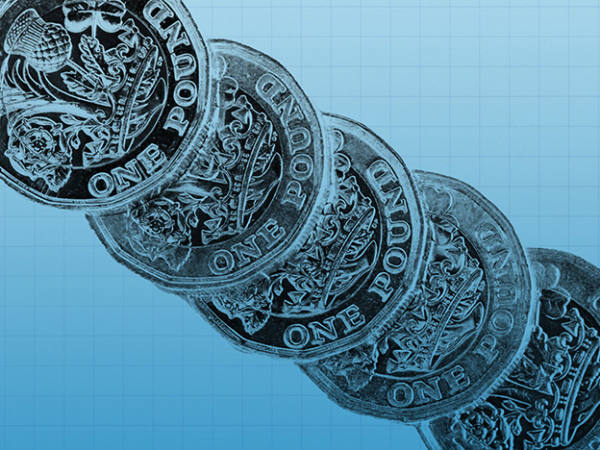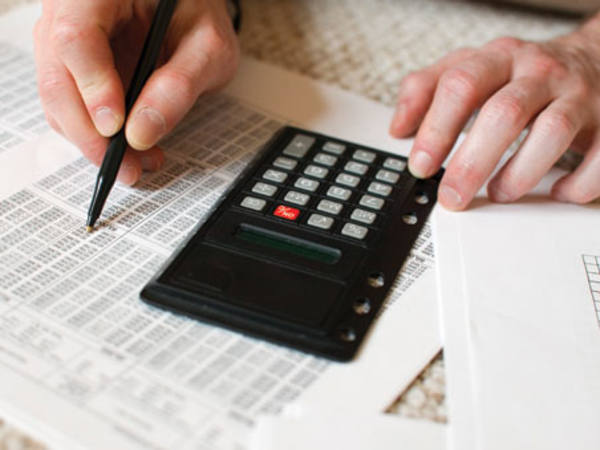The coronavirus crisis has put many people under financial pressure for reasons including their income from dividends has been decimated, they have been furloughed, or they are working for lower salaries. And some people are also looking to help children who are struggling financially. If you find yourself in such a situation, or fear that this could happen in the months ahead, you may well be looking for other sources of income or emergency funds.
If you are aged over 55 this could include your pension, which is likely to be one of your largest and now accessible assets. The amount withdrawn as flexible payments from pensions over the first quarter of this year increased by a substantial 19 per cent from Q1 2019, and there was a 23 per cent increase in the number of people making these types of withdrawals. On a quarter by quarter basis, the value of withdrawals rose 10.3 per cent from the fourth quarter of 2019 to the first quarter of 2020, compared with an 8.4 per cent rise a year earlier. Ian Browne, retirement expert at Quilter, says the increase is “substantially more than we have seen in the past”. And research by broker AJ Bell has found that one in 10 people over 55 plan to access their pension sooner as a result of the Covid-19 pandemic and economic consequences.
However, think very carefully before drawing from your pension to help fund shortfalls, in particular about the sustainability of your retirement income strategy.
“If you decide to use your pension more than previously planned, it is vital that you think about the long-term consequences,” says Ian Browne, retirement planning expert at Quilter. “It's not just that sum you won’t have later [on in life – losing out on] compound interest means that the growth of your pot will also deplete.”
You have to wait until you are age 55 to draw from your pension except in extreme circumstances such as being very ill with the expectation that you will die within a year. Most self-invested personal pension (Sipp) providers do not allow you to withdraw from them before the age of 55 and, if they do, will charge you a hefty fees. HM Revenue & Customs will also tax the funds withdrawn at 55 per cent, making the withdrawal very expensive.
If you are over age 55, you can withdraw up to 25 per cent of your pension tax-free. You can either take the 25 per cent as a lump sum and pay tax at your marginal rate on the remainder, or take money in chunks, paying tax on the value of three-quarters of every withdrawal.
Due to the valuable tax benefits provided by pensions, generally you should only take money out of them if you are prepared to sacrifice valuable future benefits. But, for example, if you expect to inherit money soon or plan to sell your house in years to come, dipping into your pension may enable you to fund necessary shortfalls without having to make serious lifestyle changes such as moving house.
In some cases, taking money out of your pension early could prevent its value from breaching the pensions lifetime allowance, which for the 2020-21 tax year is £1,073,100 and likely to increase in line with inflation at the end of this tax year. If the value of your pension was above the maximum allowance, but has dropped to within it, and you withdraw money as a lump sum now, you could avoid punitive charges when the value of your pot rises again. If the value of all of your pension benefits, across all schemes, exceeds the lifetime allowance, any excess attracts a tax charge of 25 per cent if it is withdrawn as income, or 55 per cent if it is withdrawn as a lump sum.
Don't touch your pension if possible
There are a number of reasons to avoid touching your pension if at all possible. The more money you take out of your pension, the harder it will be to make your pot stretch over a lifetime. And you lose out on the effect of compound growth, which could greatly reduce your pension's potential value.
Although markets have been strong since the lows in March this year, UK equity indices are still lower than before the crisis. So if you take money out of your pension now it might have a lower value, meaning that you are realising losses and further reducing its value. This could result in you having to delay your retirement. “Do not be tempted to draw from your pension unless it is absolutely necessary,” warns Nigel Hatt, pension specialist at Tilney.
Sarah Coles, personal finance analyst at Hargreaves Lansdown, hopes that the market recovery over the past two months has shown pension investors the value of not making any sudden withdrawals. "Pension investments are back to roughly where they were a year ago," she explains, adding that a high degree of economic uncertainty means there is still a risk of big market movements.
Making a withdrawal could also mean that you trigger the Money Purchase Annual Allowance (MPAA), which will severely limit the amount of contributions you can make to your pension in future. "You can pay [up to] £40,000 per year into your pension, but if you have triggered the MPAA by flexibly accessing your pension this falls to just £4,000 per year," warns Mr Browne. “This means that, for example, if you return to work and want to start contributing to your pension as normal you will see your savings capacity massively curtailed.”
However, if you take money out of a pension pot with a value of under £10,000 you do not trigger MPAA. Some pension providers have designed products to facilitate this exemption, as you can hold your total pension assets across multiple pots. You can also avoid the reduction in the contribution allowance by only withdrawing a tax-free cash sum with no income. But check carefully before making any withdrawal from a pension that it will not trigger MPAA, especially if you think you may want to add more to your pension in future.
Mr Hatt encourages people to continue paying into pensions for as long as possible to get tax relief, and as he fears that pension tax relief could be restricted in future suggests taking advantage of it while you can. He adds that you can carry forward unused tax relief from previous tax years going back until 2017-18 if you have been a member of a registered pension scheme at some stage during each of those tax years.
If you need to access your pension and don’t intend to make further contributions, consider phasing withdrawals rather than taking the money as a lump sum. If you take a large sum and put it in the bank this may simply crystallise any losses. Also, the more your pension pot grows, the more valuable its tax benefits become.
You could also use tax-efficient retirement income options, otherwise known as ‘drip-feed drawdown,’ which involves drip-feeding tax-free cash out of your pension, or taking a mixture of tax-free cash and taxable income. However, Mr Browne warns that not all providers offer this facility on an automated basi, so check to see what is possible for you.
There can also be inheritance tax benefits in leaving money in a pension. If you die before you are 75, you can leave your pot to anyone of your choosing free of tax. If you die after 75, your beneficiaries pay tax at their highest income tax rate on withdrawals from it. Because your pension savings are not covered by your will, you need to make sure that your pension provider knows who your nominated beneficiaries are.
Alternative ways to fund a shortfall
Taking money out of your pension should be a last resort as it can prove very costly in the long run. Most people would be better to at least start funding any income shortfall with cash savings. Nathan Long, senior analyst at Hargreaves Lansdown, says that most people should aim to hold cash worth three to six months of their crucial expenditure, and if you are retired you should hold up to three years worth of your expenses.
If your cash reserves are insufficient, you could consider taking out a personal loan, remortgaging your property, or taking advantage of government schemes such as a mortgage repayment holiday that might help you financially during this difficult period. If you want to continue paying into your pension for a number of years these might work out cheaper. Also have a close look at your outgoings and see what can be trimmed to generate extra income.
If these options don't cover your shortfall and you have to withdraw from other sources, it is likely that you will be better off taking money out of an individual savings account (Isa) rather than your pension. Flexible Isas allow savers to withdraw and replace money without the replacement cash counting towards the annual Isa allowance, providing the cash is returned in the same tax year.
There has also been a temporary reduction in the withdrawal penalty for Lifetime Isas, to help those whose incomes have been affected by the coronavirus pandemic. Making a withdrawal from a Lifetime Isa under the age of 60, other than to buy a first home, incurred a penalty of 25 per cent of its value. However, until 6 April 2021 the exit penalty has been lowered to 20 per cent.
Carol Knight, chief operations officer at The Investing and Saving Alliance, says that this reduction means you would, in effect, only lose the government bonus of 5 per cent. Any interest earned on the saver’s original deposits are not deducted.










